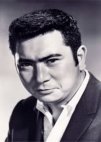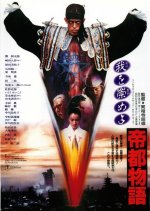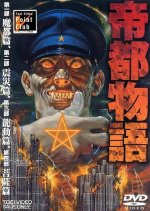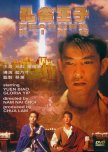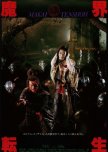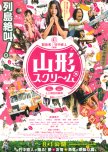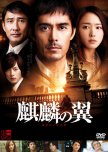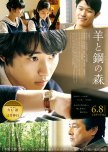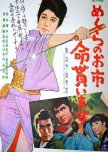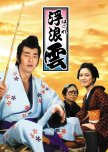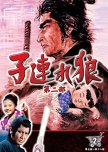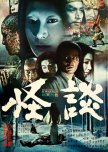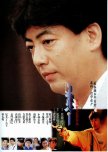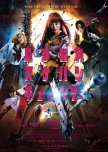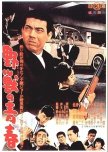The movie begins in 1912 with Yasumasa Hirai explaining to Baron Eiichi Shibusawa Tokyo's long history as one of the most haunted cities in all of Japan. He specifically warns Shibusawa that the onryo Taira no Masakado must not be disturbed, as its spirit is powerful enough to destroy the city. In response to this heeding, Shibusawa allows the Tsuchimikado Family to advise him on how to make a Tokyo a blessed city. However, both Hirai's and Shibusawa's efforts are opposed by the oni Yasunori Kato, a former lieutenant in the Imperial Army, who wants to destroy Tokyo by awakening Masakado's spirit. To do this, he attempts to kidnap Yukari Tatsumiya, the descendant of Masakado, to use as a medium to communicate with the spirit. (Source: Wikipedia) ~~ Adapted from the novel series "Teito Monogatari" (帝都物語) by Aramata Hiroshi (荒俣宏). Edit Translation
- English
- magyar / magyar nyelv
- dansk
- Norsk
- Native Title: 帝都物語
- Also Known As: Teito monogatari , ていとものがたり
- Director: Akio Jissoji
- Genres: Historical, Tokusatsu, Fantasy
Cast & Credits
- Katsu ShintaroShibusawa EiichiMain Role
- Shimada KyusakuKato Yasunori [Sorcerer]Main Role
- Bando Tamasaburo VIzumi KyokaSupport Role
- Tachiki Fumihiko Support Role
- Nishimura KouNishimura MakotoSupport Role
- Otaki HidejiOda KannoSupport Role
Reviews

Japan's Dune
One of Japan’s most expensive films of the 80s, Tokyo: The Last Megalopolis is deeply rooted in the neon-tinged landscape of its time blended with the surreal gothic urban nightmare of the past. Akio Jissoji's wildly engrossing adaptation of Teito Monogatari certainly puts its money onscreen, epic in scale but does so with an identity crisis, it's a film that feels distinctly less Japanese and more like it came from Hong Kong with the references to obscure Chinese philosophy certainly adding to the disassociation. There's an obvious comparison to that of David Lynch's Dune, both films being ambitious, visually lush, large-budget adaptations of dense science fiction works that compressed the source material's narrative to fit a 2-hour time slot. There are moments with striking visuals that recall Jissoji's earlier work, diving headfirst into surrealism, his direction certainly shines but it's done so with a colour palette that lacks any form of scale other than grey, really annoying given some of his other more colourful works. Furthermore, there are problems to be found with its story, pacing and often sporadic editing, it's a film that needed more room to breathe than it was given and feels like a lot of material was left on the cutting room floor; however, that being said, the film's effects work is simply top-notch with the creature designs by frigging H.R.Giger make a distinct impression. The acting for the most part is all great, especially from the late great Shintarō Katsu and a very hammy Kyusaku Shimada as the evil sorcerer Kato, in conjunction with Maki Ishii's atmospheric score certainly gives the film a unique vibe most would be unable to replicate. As a mood piece, it's hard not to recommend Tokyo: The Last Megalopolis, however, the film simply tries to cover far too much ground in too short a time, yet at present it feels like it stretches on forever. The ambition is here but it all got lost in the edit.



